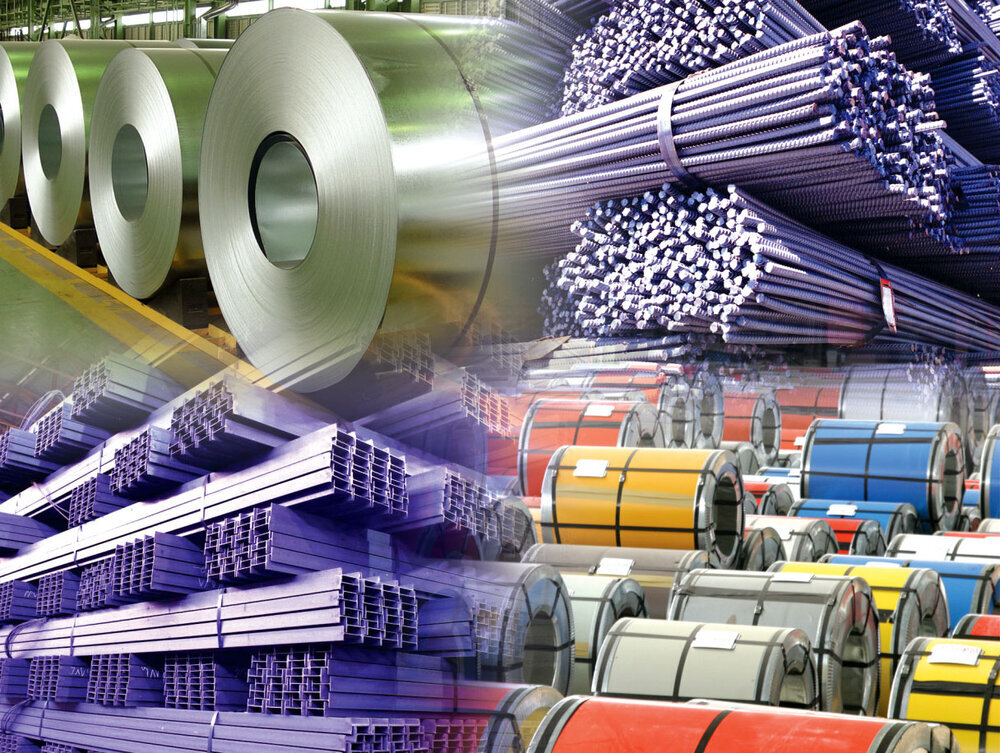The European Commission has announced provisional anti-dumping duty rates on electrolytic chromium coated steel, or ECCS, imports from China and Brazil after an investigation found that imports from the two countries undercut the EU industry’s prices, according to an official document released May 24.
The EC started an anti-dumping investigation on ECCS products from China and Brazil on Sep. 24, 2021, after the European Steel Association lodged a complaint on Aug. 13 on behalf of its members, which the EC said contained sufficient evidence of dumping and resulting material injury to justify an investigation.
Under the new provisions, China’s Baoshan Iron and Steel Co. will face a provisional anti-dumping duty of 33.2% and Handan Jintai Packing Material Co. will face duties of 53.9%, according to an official journal document.
Provisional anti-dumping duties for other cooperating companies have been set at 36.7% and for all other companies at 77.9%, according to the document.
In Brazil, the provision anti-dumping duty for Companhia Siderurgica Nacional and all other companies was set at 52%.
The duty rates apply to imports of flat-rolled products of iron or non-alloy steel, plated or coated with chromium oxides or with chromium and chromium oxides and will be on a CIF European Union border price, customs duty unpaid, the EC said in the document.
Return comments from interested parties on the provisional measures will be open until June 7, with return comments on final disclosure due by Aug. 8 and definitive measures set for Nov. 23.
S&P Global Commodity Insights contacted the EC for additional comment, but had received no response by the time of publication.
Prices undercut EU industry
The EC found that the ECCS products import prices from China averaged Eur721/mt ($773.50/mt) over the investigation period of July 1, 2020-June 30, 2021, down from Eur771/mt in 2018, while the import price from Brazil during the period was Eur690/mt, down from Eur701/mt in 2018.
“The average import price of the imports from the countries concerned decreased by 6% during the period considered although the price of the main raw material (iron ore or hot-rolled strips) increased in the same period,” the EC said.
In comparison, sales prices in the EU were Eur780-910/mt during the investigation period and in 2018, with the unit cost of production at Eur840-980/mt, up 9% from $770-900/mt in 2018.
The EC found that imports from the two countries undercut the EU industry’s prices by 1.9%-13.7% for China and 21.8% for Brazil and said that, regardless of the price undercutting, the significant import volumes at low prices depressed the EU industry’s prices, which could not cover the costs of production, thereby incurring losses.
The EC said in the document that the EU’s import volume from China was 64,000-75,000 mt in investigation period, or a market share of 12%-13%, up from 56,000-66,000 my in 2018 and market share of 10%-11%.
Imports from Brazil during the period were 14,000-16,000 mt, or a market share of 2%-3%, up from 12,000-14,000 mt in 2018 and a market share of 2%-3%.
Suffered material injury
“Despite the fact that the Union industry maintained overall its market position during the period considered, its financial situation deteriorated mainly due to the increased cost of production, which could not be covered by a corresponding increase of its sales prices,” the EC said.
It added it had found that the “significant price suppression exercised by the dumped imports led to losses as from 2019, which further increased in the investigation period.”
This resulted in the profitability of the EU industry decreasing by a factor of six from 1%-3% in 2018 to negative 8%-10% in the investigation period.
It said that, while net investments increased by 78%, the return on investment decreased five times during the period from 1%-2% in 2018 to negative 4%-5% in the investigation period.
Overall, the EC provisionally concluded that the EU industry had “suffered material injury” as economic indicators such as profitability, cash flow and return on investment had “deteriorated significantly,” which “negatively affected the ability of the EU industry to self-finance operations, to make necessary investments and to raise capital, thus impeding its growth and even threatening its survival.”
— Jacqueline Holman






